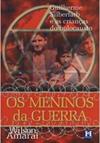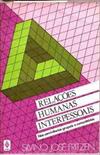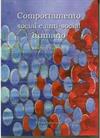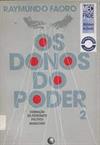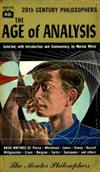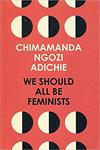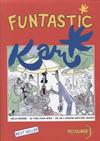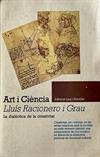
The House of Broken Angels
Registered by BookBirds of Somewhere in the USA, -- Wild Released somewhere in USA -- USA on 1/6/2019
1 journaler for this copy...
Journal Entry 1 by BookBirds from Somewhere in the USA, -- Wild Released somewhere in USA -- USA on Sunday, January 6, 2019
tbr
Journal Entry 2 by BookBirds at Somewhere in the USA, -- Wild Released somewhere in USA -- USA on Tuesday, January 22, 2019
Following closely to events in Luis Alberto Urrea's life, this novel tells of events both big and small in the life of a Mexican family. Big Angel is the patriarch who is slowly dying of cancer. One day is his mother's funeral, the next day is what he knows is his last birthday party. Swirling throughout is all the people connected to him. Big Angel is writing down the things he appreciates in notebooks for his children when he is gone. Visiting from Seattle is his half brother with a different (white) mother, Little Angel. I could see from a mile away that Little Angel was Urrea's counterpart in the book, as both are English professors. In the note in the end, it is sadly revealed that Urrea's own brother had died of cancer.
"He believed he was celebrating them when he shared stories of their foibles. He felt the burden of being their living witness. Somehow the silliest details of their days were, to him, sacred. And he believed that if only the dominant culture could see these small moments, they would see their own human lives reflected in the other." - page 168
These words, to me, stated the purpose of Urrea's story: to celebrate the small moments. The more sad and crushing purpose is noted that Urrea wanted to write a story about Mexicans for the "dominant" culture, especially in these times with that ridiculous wall shut down. To even see the phrase "dominant culture" is heartbreaking to me... I don't see things that way about any culture, but I am a white person with my white privilege perspective. So perhaps even this phrase hits a reader where it's supposed to. But to think that Urrea needed to write a book about Mexicans just to have other cultures relate to them is heartbreaking. But there is clear evidence that so many people can't relate to other people/cultures. Readers are already skilled at having empathy for all people, no matter who it is. Sadly, the people who would benefit most from this book would never pick up this book.
"He believed he was celebrating them when he shared stories of their foibles. He felt the burden of being their living witness. Somehow the silliest details of their days were, to him, sacred. And he believed that if only the dominant culture could see these small moments, they would see their own human lives reflected in the other." - page 168
These words, to me, stated the purpose of Urrea's story: to celebrate the small moments. The more sad and crushing purpose is noted that Urrea wanted to write a story about Mexicans for the "dominant" culture, especially in these times with that ridiculous wall shut down. To even see the phrase "dominant culture" is heartbreaking to me... I don't see things that way about any culture, but I am a white person with my white privilege perspective. So perhaps even this phrase hits a reader where it's supposed to. But to think that Urrea needed to write a book about Mexicans just to have other cultures relate to them is heartbreaking. But there is clear evidence that so many people can't relate to other people/cultures. Readers are already skilled at having empathy for all people, no matter who it is. Sadly, the people who would benefit most from this book would never pick up this book.
